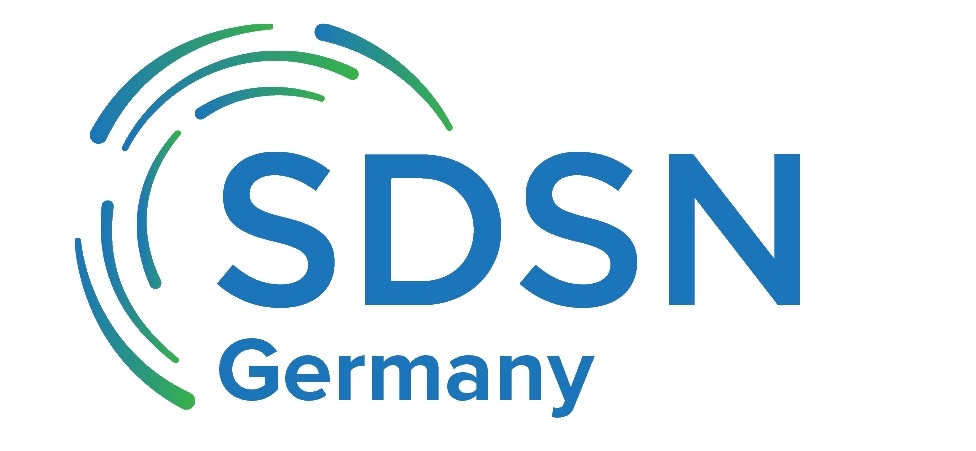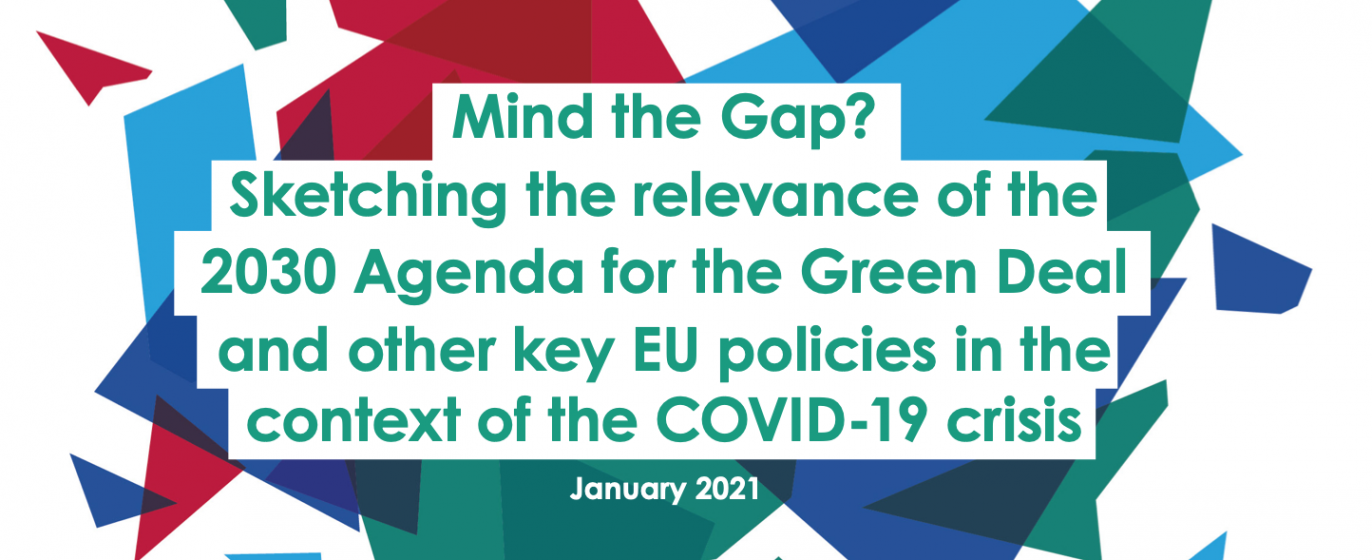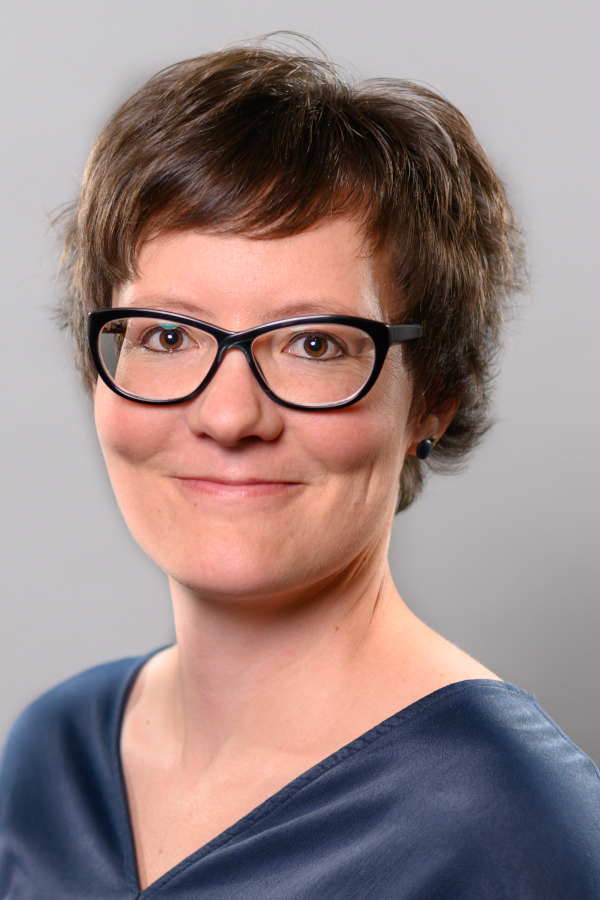This is only an extract from the publication. The complete publication can be downloaded above in the download area.
Key Messages
- The COVID-19 pandemic will shape European policies and politics for years to come. Even before the pandemic, the EU was off track with regard to the SDGs on inequality, climate change, sustainable agriculture, and sustainable production and consumption. The pandemic could make the SDGs even more difficult to achieve. Moreover, recovery measures to address the short- and medium-term socio-economic consequences will determine whether the EU moves towards a sustainable development model by 2030 or instead entrenches unsustainable development pathways.
- When taking office, European Commission President Von der Leyen tasked all of her Commissioners to deliver on the SDGs. She also initiated a reform process to bring the SDGs into the European Semester process. The 2030 Agenda for Sustainable Development has not yet come to the fore as a key framework for policymaking. However, the Commission has presented the European Green Deal as its main political project and an integral part of its efforts to implement the 2030 Agenda.
- With the Green Deal, the EU announced its aim to achieve carbon neutrality by 2050 and outlined a comprehensive set of policy reforms to reach this goal. The Green Deal also pursues transformations towards sustainable economies, energy and food systems, as well as biodiversity preservation and a toxic-free environment. The Green Deal refers to the ‘leave no one behind’ principle from the 2030 Agenda and addresses key levers of transformations like finance, research and innovation. Yet, the social dimension of the Green Deal remains underdeveloped. An augmented social dimension is not only a desirable end in itself; it would also enhance the societal acceptance of the Green Deal.
- With COVID-19, the political focus has swung to recovery programmes. Whereas the Commission’s 2020 Annual Sustainable Growth Strategy (ASGS) made many references to the SDGs (“at the heart of EU’s policymaking”) and the European Semester underwent reforms to bring in the SDGs, the 2021 ASGS has just one explicit sentence on the SDGs. The SDGs were absent in von der Leyen’s inaugural State of the Union Address in September 2020.
- After prolonged negotiations on the Multiannual Financial Framework (MFF) and the NextGenerationEU (NGEU) package, an agreement on the next EU budget could finally be reached in December 2020. They will provide the EU’s financial means for the next seven years and will determine whether the EU will deliver on the decade of action launched by the UN SDG Summit 2019. Both the MFF and NGEU, do not make meaningful reference to the SDGs. Nevertheless, the financial resources foreseen under the next MFF and NGEU have the potential to support sustainability transformations, both within the EU and in partner countries.
- Much will now depend on the actual programming of the financial instruments and the extent that individual programmes and projects support the EU’s green and digital agenda and are geared to achieve the SDGs. At the same time, the potential contribution of the EU’s financial resources will also depend on member states’ willingness to reform key policies, such as the CAP and the EU’s cohesion policy in a way that fosters collective priorities rather than individual member states’ interests.
- External relations strategies published by the EU in 2020 lack clarity as to how the 2030 Agenda will be translated in the EU’s relations with specific countries and regions, for example, North America, Russia and China, and in specific EU external policy fields, such as trade, investment and security policy. Clarity is also lacking on how the 2030 Agenda relates to other frameworks, such as the European Green Deal, in EU external relations. This clarity is urgently needed to facilitate further development of the EU’s international partnerships during the COVID-19 recovery phase and to support the growing global call to ‘build back better’.









